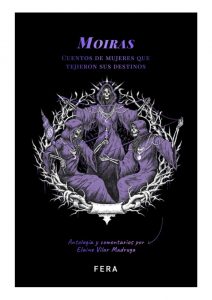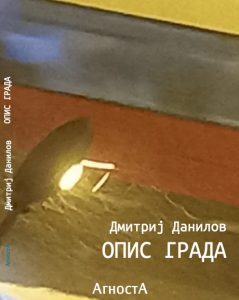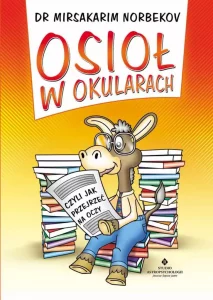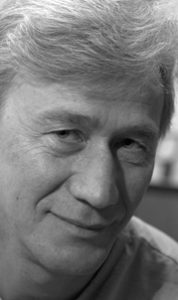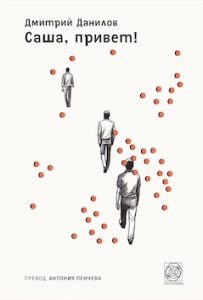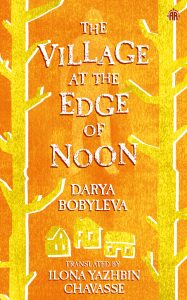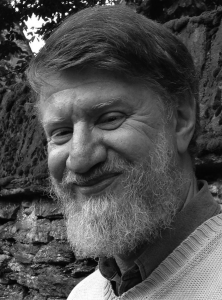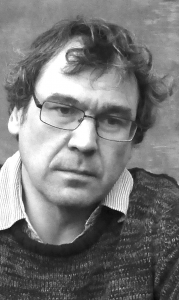new publication
short story GREEN PASTURES published by FERA, Spain
Almost all works by Anna Starobinets are being published in Spanish translation. GREEN PASTURES is one of the short stories from the collection ICARUS GLAND. It has now been published separately in a horror anthology in Spain by Fera Ediciones.
The short stories in ICARUS GLAND are dystopian and dangerously border on reality, where science is merely an excuse to dissect its protagonists and reveal its inner workings.

